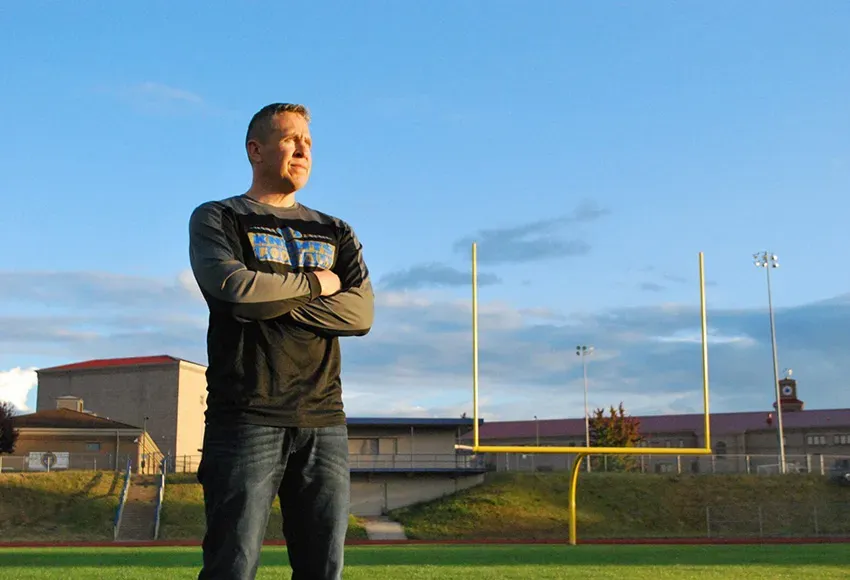Only three days after its decision overturning Roe v. Wade, the US Supreme Court issued another ruling upholding religion over secular values.
In a 6-3 decision handed down on June 27, the court ruled that public school teachers may pray in public and on school property and invite students to join them. It was the same majority as in the abortion rights case.
The case, known as Kennedy vs. Bremerton School District, involves a Washington state high school football coach, Joseph Kennedy, who customarily knelt to pray on the 50-yard line of his school's football field after games. He invited his players and other students to join him in prayer.
A 20-year veteran of the US Marine Corps, Kennedy started coaching Bremerton High School in 2008. Initially he prayed alone, but in public, at the end of games. Subsequently, students and players joined him, and he began giving short talks with religious references.
When school district officials learned of his prayers and talks, they asked him to stop. Initially, he said he would comply and for a while, he stopped leading students in prayer in the locker room and on the field.
But, he said, he wanted to continue praying on the field himself, with students free to join if they wished.
The district told Kennedy he was free to pray on the 50-yard line if it didn't interfere with his official duties, or when he was off duty, but doing so immediately after a game ended could be seen as the school endorsing religion, which was prohibited both by statute and the US and state constitutions.
When Kennedy refused to stop praying after games, he was terminated and subsequently sued the school district, claiming that his First Amendment right to free exercise of his religion had been infringed.
"Joseph Kennedy lost his job as a high school football coach because he knelt at midfield after games to offer a quiet prayer of thanks," Justice Neil Gorsuch wrote for the majority. "The Constitution and the best of our traditions counsel mutual respect and tolerance, not censorship and suppression, for religious and nonreligious views alike."
"Both the Free Exercise and the Free Speech clauses of the First Amendment protect expressions like Mr. Kennedy's," Gorsuch concluded.
In her dissent, Justice Sonia Sotomayor wrote that the Constitution neither requires nor authorizes public schools to allow officials to pray "at the center of a school event."
She cited the same sections of the Bill of Rights as the majority, writing that they protected students who have a right to education free from government-exercised religion.
"Official-led prayer strikes at the core of our constitutional protections for the religious liberty of students and their parents," Sotomayor wrote.
While Gorsuch wrote that students were not compelled to join Kennedy's prayers, Sotomayor noted that "some students reported joining Kennedy's prayer because they felt social pressure to follow their coach and teammates."
SCOTUS rules in favor of praying high school coach
Share this Post:


